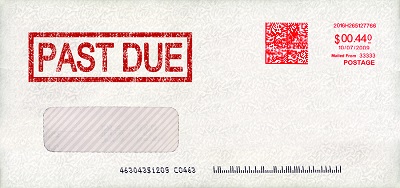By Aaron M. Swift, Esq.

According to Consumer Union, the policy and advocacy division of Consumer Reports, 1 in 3 consumers received medical bills substantially higher than expected in 2014. Often, these higher-than-expected medical bills result from “balance billing.”
What is balance billing?
When a medical provider agrees to be within an insurance network, the insurance network and provider negotiate fees for certain services in advance. Once a consumer receives said medical services, the provider bills the insurance company for the negotiated fee, and then the consumer is responsible for the co-pay and deductible, if applicable. Medical providers outside of network, however, can bill the consumer for the “full” amount of service, above and beyond the lower negotiated in-network rates. In that case, the out-of-network provider bills the insurance company and then “balance” bills the remainder to the consumer. This issue is especially common when a treating physician—for example an anesthesiologist or radiologist—is out-of-network but provides services within an in-network hospital. Emergency medical services also often result in balance billing as the consumer has less time and ability to determine if a physician or hospital is in network after or during an emergency.
What can I do to avoid balance billing?
Florida offers certain protections against balance billing; for example, under state law, out-of-network medical providers cannot balance bill HMO members for emergency services. Consumers with a PPO or other insurance plans, on the other hand, do not have the same protection. To avoid balance billing, check with any hospital or medical service provider, as well as your insurance, to confirm that they are in your network. Make sure to ask about everyone involved in the care, including specialists such as anesthesiologists.
What should I do if I am balance billed?
First, do not pay the bill right away. Make sure your insurance provider paid their portion of all bills, even to out-of-network providers. Be careful not to wait too long, however, as medical debts may be reported to your credit reports after 6 months, so you will want to avoid negative reporting and collections. Second, please contact a consumer lawyer at LeavenLaw, as we may be able to help settle the debt or identify unlawful balance billing. If the provider engaged in unlawful balance billing, you may be entitled to damages, and if we prevail in an unlawful balance billing lawsuit, the medical provider or debt collector may have to pay our attorneys’ fees and costs. You pay nothing unless we prevail. For more information, please visit www.LeavenLaw.com or call (727) 327-3328 for your free consultation.
